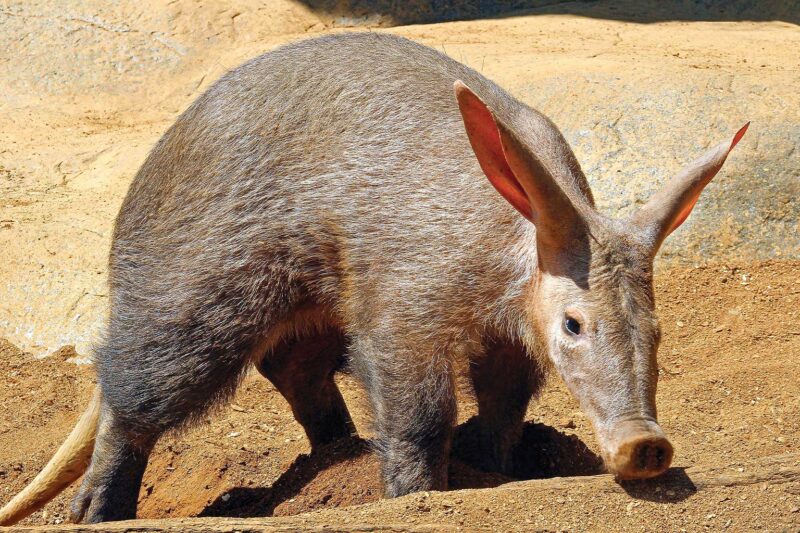

Researchers at Oregon State University, USA, collected and analysed the poop of aardvarks in sub-Saharan Africa to study the effects of climate change on the animals.

Researchers at Oregon State University, USA, collected and analysed the poop of aardvarks in sub-Saharan Africa to study the effects of climate change on the animals. For this study, which is the first of its kind, researchers collected genetic information of aardvarks across wild populations in the region. The information helped them understand the geographic range the aardvarks inhabit and their movement across the region. The study found that landscape aridification or the drying up of land is limiting the movement of groups of aardvarks across geographic regions, thus isolating them from each other. This could make them vulnerable to the effects of climate change. Studying environmental changes in the region will aid researchers’ conservation efforts.
DID YOU KNOW?
An aardvark’s tongue can be around 30cms long. Aardvarks use their sticky tongue to eat ants, termites and other insects.





